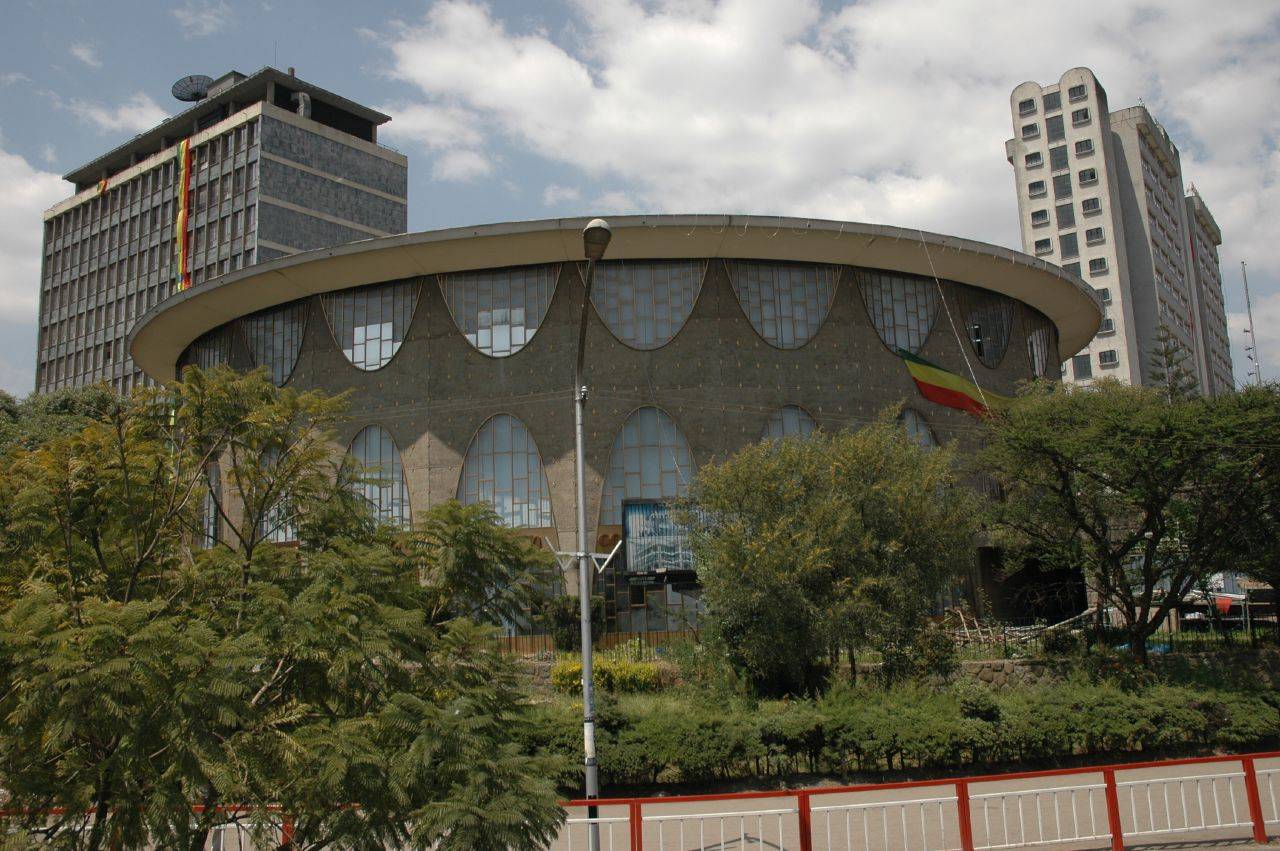Remittances Earn Ethiopia USD 3.82 Bn

National Bank of Ethiopia (NBE) Governor Dr Yinager Dessie has revealed that Ethiopia has earned 3.82 billion USD from remittance.
Ethiopia has been in a dire state of foreign exchange crisis for the last few years. The situation prompted Prime Minister Abiy Ahmed to plea to the Ethiopian diaspora to salvage the country by sending hard currencies back home.
The NBE Governor Yinager also divulged that the country spends USD 10.5 Bn on imported goods, a 1.3 percent increase compared to the same period the previous year.
Worthy to mention also, the NBE boss made known plans to open the financial sector for the global market.
Dr Yinager Dessie, said studies are being conducted in collaboration with World Bank experts to bring significant changes in the financial sector, including opening it for the international market.
Among the studies include establishment of capital market, modernizing payment system, and involving the Diaspora community in the financial sector, he said while presenting the 8th-month performance reports of the bank to the parliament on Thursday last week.
It is anticipated that the studies will have a major impact in Ethiopia’s financial sector once enacted.
The Sahled-Wordk Zewde-led country secured USD 1.64 Bn from service and export sectors in the past 8 months, showing a 9.4 percent decline compared to the same period the preceding year, according to the Governor.
The low performance in export has been attributed to the decrease in supply and fall in the prices of Ethiopia’s major export products, such as gold, live animals, oil seeds, vegetables, and fruits, among others.
Fuel import took the lion share of the expenditure by consuming a total of USD1.73 billion, according to him.
The Ethiopian government has for a long time prohibited foreign ownership in the banking and insurance sector despite allowing their establishment in 1994. The banking system is dominated by State-owned banks. There are 18 licensed commercial banks, out of which two, Commercial Bank of Ethiopia and Development Bank of Ethiopia, are State-owned. The rest are domestically majority-owned.
The two banks have largely controlled distribution as well as 65 per cent of system non-bank deposits. Further, they controlled nearly 60 per cent of total outstanding loans.
Ethiopia’s banking industry has been closed to investors since a Marxist junta nationalized banks four decades ago. But recently, the sector has undergone reforms since Prime Minister Abiy Ahmed assumed into office. He has pursued broad economic reforms aimed boosting foreign investment.
As we speak, Ethiopia has allowed some foreign banks to open liaison offices in Addis to facilitate credit to companies from their countries of origins. Chinese, German, Kenyan, Turkish, and South African banks have opened liaison offices in Ethiopia. The foreign firms have been operating these representative offices, but their ultimate goal has always been to be able to operate fully-fledged banks.
The move by the Ethiopian government to consider to open financial sector for global market has come as a shocker as the Ethiopian government rarely signals its policy drift. The Ahmed administration has notably been a potential ray of light in this regard.
As the country prepares to open its financial market to the rest of the world, fears have been raised about whether allowing foreign banks to participate in the Ethiopian banking sector would be beneficial to the country.
Featured Image Courtesy: wikipedia